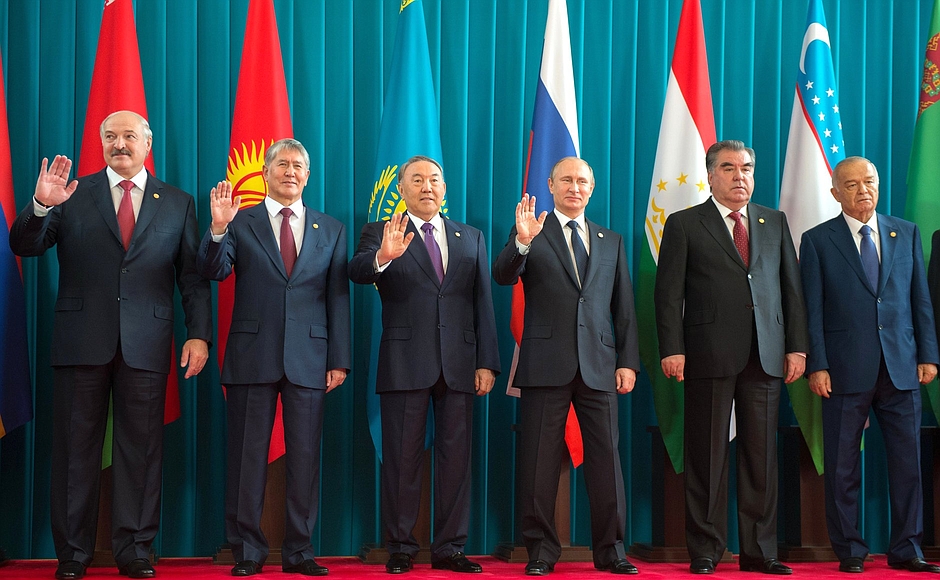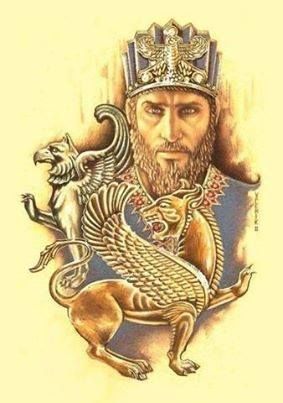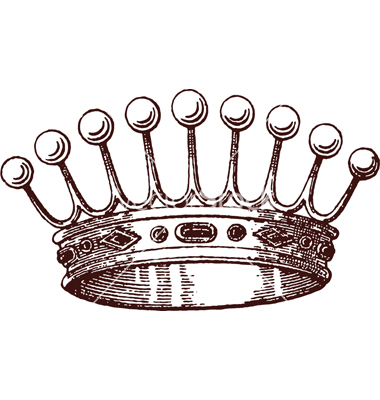Stamp: Surcharge "Allemagne Duitschland" on Veurne (Belgium 1920)
Surcharge "Allemagne Duitschland" on Veurne (Belgium 1920)
01 January (Belgium ) within release Allemagne-Duitschland goes into circulation Stamp Surcharge "Allemagne Duitschland" on Veurne face value 5 Belgian franc
| Stamp Surcharge "Allemagne Duitschland" on Veurne in catalogues | |
|---|---|
| Michel: | Mi: BE-DE 13IIIA |
Stamp is square format.
imprint on Mi. BE 144A Line spacing 1mm, "D" from Duitschland under second "A" from Germany Belgian occupation of Rhineland und Ruhr in Germany year 1919 - 1925Also in the issue Allemagne-Duitschland:
- Stamp - Surcharge "Allemagne Duitschland" on Veurne face value 5;
- Stamp - Surcharge "Allemagne Duitschland" on Three Kings face value 10;
- Stamp - Surcharge "Allemagne Duitschland" on Three Kings face value 10;
- Stamp - Surcharge "Allemagne Duitschland" on Antwerp face value 1;
- Stamp - Surcharge "Allemagne Duitschland" on Antwerp face value 1;
- Stamp - Surcharge "Allemagne Duitschland" on Congo face value 2;
- Stamp - Surcharge "Allemagne Duitschland" on Veurne face value 5;
- Stamp - Surcharge "Allemagne Duitschland" on Congo face value 2;
Stamp Surcharge "Allemagne Duitschland" on Veurne it reflects the thematic directions:
An army, ground force or land force is an armed force that fights primarily on land. In the broadest sense, it is the land-based military branch, service branch or armed service of a nation or country. It may also include aviation assets by possessing an army aviation component. Within a national military force, the word army may also mean a field army.
A building or edifice is a structure with a roof and walls standing more or less permanently in one place, such as a house or factory. Buildings come in a variety of sizes, shapes and functions, and have been adapted throughout history for a wide number of factors, from building materials available, to weather conditions, to land prices, ground conditions, specific uses and aesthetic reasons. Buildings serve several needs of society – primarily as shelter from weather, security, living space, privacy, to store belongings, and to comfortably live and work. A building as a shelter represents a physical division of the human habitat (a place of comfort and safety) and the outside (a place that at times may be harsh and harmful).
Famous People refers to the fame and public attention accorded by the mass media to individuals or groups or, occasionally, animals, but is usually applied to the persons or groups of people (celebrity couples, families, etc.) themselves who receive such a status of fame and attention. Celebrity status is often associated with wealth (commonly referred to as fame and fortune), while fame often provides opportunities to make money.
A head of state (or chief of state) is the public persona that officially represents the national unity and legitimacy of a sovereign state. In some countries, the head of state is a ceremonial figurehead with limited or no executive power, while in others, the head of state is also the head of government. In countries with parliamentary governments, the head of state is typically a ceremonial figurehead that does not actually guide day-to-day government activities and may not be empowered to exercise any kind of secular political authority (e.g., Queen Elizabeth II as Head of the Commonwealth). In countries where the head of state is also the head of government, the president serves as both a public figurehead and the actual highest ranking political leader who oversees the executive branch (e.g., the President of the United States).
King is the title given to a male monarch in a variety of contexts. The female equivalent is queen regnant (while the title of queen on its own usually refers to the consort of a king). In the context of prehistory, antiquity and contemporary indigenous peoples, the title may refer to tribal kingship. Germanic kingship is cognate with Indo-European traditions of tribal rulership (c.f. Indic rājan, Gothic reiks, and Old Irish rí, etc.) In the context of classical antiquity, king may translate Latin rex or either Greek archon or basileus. In classical European feudalism, the title of king as the ruler of a kingdom is understood as the highest rank in the feudal order, potentially subject, at least nominally, only to an emperor (harking back to the client kings of the Roman Empire). In a modern context, the title may refer to the ruler of one of a number of modern monarchies (either absolute or constitutional). The title of king is used alongside other titles for monarchs, in the West prince, emperor, archduke, duke or grand duke, in the Middle East sultan or emir; etc. Kings, like other royalty, tend to wear purple because purple was an expensive color to wear in the past.
A man is an adult male human. Prior to adulthood, a male human is referred to as a boy (a male child or adolescent).
A military, also known collectively as an armed forces, are a heavily armed, highly organized force primarily intended for warfare. Militaries are typically authorized and maintained by a sovereign state, with their members identifiable by a distinct military uniform. They may consist of one or more military branches such as an army, navy, air force, space force, marines, or coast guard. The main task of a military is usually defined as defence of their state and its interests against external armed threats.
A Royalty is the immediate family of a king or queen regnant, and sometimes his or her extended family. The term imperial family appropriately describes the family of an emperor or empress, and the term papal family describes the family of a pope, while the terms baronial family, comital family, ducal family, grand ducal family, or princely family are more appropriate to describe the relatives of a reigning baron, count, duke, grand duke, or prince. However, in common parlance members of any family which reigns by hereditary right are often referred to as royalty or "royals." It is also customary in some circles to refer to the extended relations of a deposed monarch and his or her descendants as a royal family. A dynasty is sometimes referred to as "the House of ...". As of July 2013, there are 26 active sovereign monarchies in the world who rule or reign over 43 countries in all








